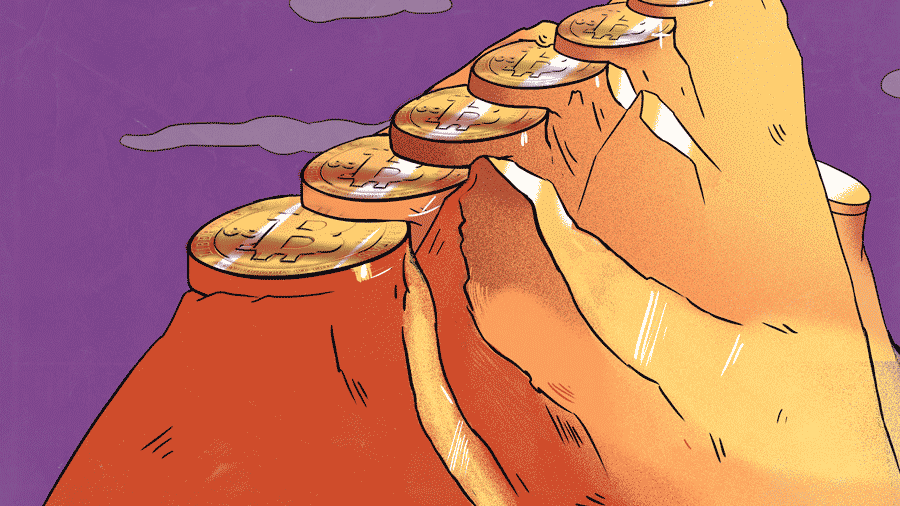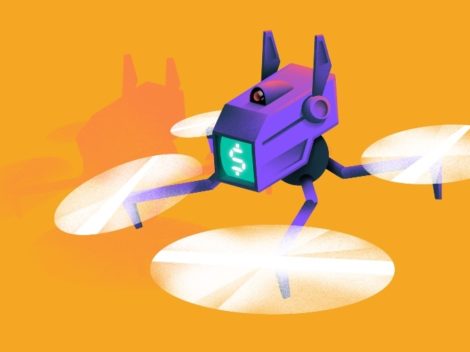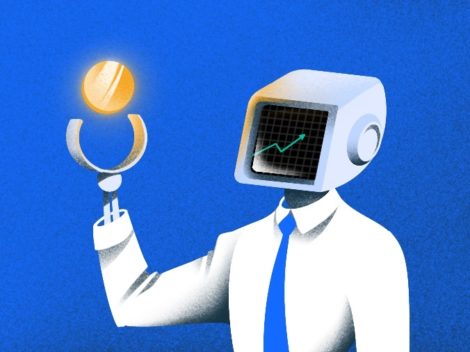Thursday’s inaugural Global DeFi Summit provided an in-depth look at understanding the future of decentralized financing aka DeFi.
Subscribe to the Crunchbase Daily
The one-day summit, produced by Draper Goren Holm’s Blockchain Venture Studio, brought together the blockchain and cryptocurrency communities. It included a full day of people discussing how their innovation and influence will impact the next era of global finance.
I virtually attended the “Why Venture Capitalists are Betting Big on DeFi” session to get a sense of the conversation.
Cointelegraph Editor Alex Cohen moderated the panel of venture capitalists that included Alon Goren, founding partner at Draper Goren Holm, Michael Anderson, founder of Framework Ventures, and Anthony Pompliano, co-founder and partner at Morgan Creek Digital.
What is decentralized financing
“I think of Bitcoin as DeFi,” said panelist Goren. “For me, these products were only used by people who could afford them. The next evolution will be bringing them to the masses.”
Anderson added that the financial industry, “the largest single market in the world,” has not seen innovation in 40 years. It continues to use the internet, as well as automated clearing houses and short message services, to transfer value around the world. What will come, he noted, is rapid innovation and iteration of new tools.
Pompliano agreed that Bitcoin is key.
“The focus right now is on the technology, but it needs to be on the product,” he said. “Ultimately, the user wants to use the product and does not care about the underlying technology. We are waiting to see who is building products that will be used by mainstream audiences and will be decentralized.”

Challenges to a decentralized financial system
Pompliano emphasized that users won’t care about the details of the technology as long as it is cheaper, faster and accessible. He said it will take time for someone to build the technology, user experience and the interface for mainstream users.
He believes that system is forthcoming.
Anderson briefly discussed Framework’s first fund–raised last year–and how he was an early investor in Chainlink and Synthetix, as well as Futureswap, startups he called “money Legos” that involve different aspects of the DeFi infrastructure stack. He agreed that usability is an issue because the current interface is clunky and hard to use.
“Once you have the robust data feeds and assets, the question becomes what can you build with that?” he said. “You have to be thinking about expanding the scope to get it in the hands of everyone else. Once we can get usability so that more than tens of thousands of people are using it, that will solve the usability problem.”
Focusing on the long game
Pompliano doesn’t anticipate that all of the hot concepts in DeFi today will be around in 10 or 15 years, but that the industry will continue evolving.
It comes down to a belief system.
“Money is a belief system, so when you build something around that, it buys you time to build out the technology,” he added. “Most DeFi stuff is tech, and we bet on the fact that it will improve.”
Anderson predicts the internet and blockchain innovators will be “the new Goldman Sachs;” the term “DeFi” will eventually just become finance; and we are at the forefront of a movement that is expected to be 20 or 30 years in the making.
Meanwhile, Goren agrees that banks (as we know them today) will not exist. He gave an example of the dinosaurs, saying that when they died, new animals took their place. And those decentralized financial services that succeed will be more transparent and have more fair products.
“There is not going to be Wells Fargo creating accounts on clients’ behalf,” Goren added. “You will be able to jump from product to product and leave whenever the service sucks.”
Illustration: Li-Anne Dias

Stay up to date with recent funding rounds, acquisitions, and more with the Crunchbase Daily.


![Illustration of a robot typing on a laptop. Generative AI [Dom Guzman]](https://news.crunchbase.com/wp-content/uploads/generative-ai-v1-470x352.jpg)



![Illustration of a guy watering plants with a blocked hose - Global [Dom Guzman]](https://news.crunchbase.com/wp-content/uploads/quarterly-global-3-300x168.jpg)
67.1K Followers